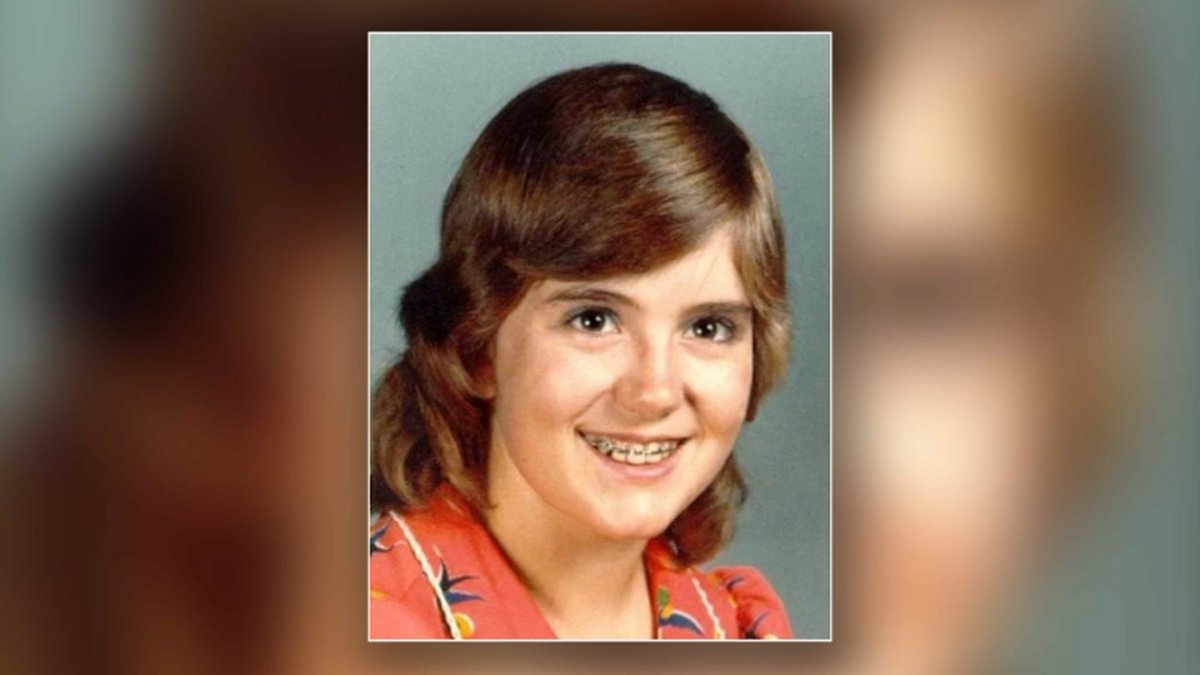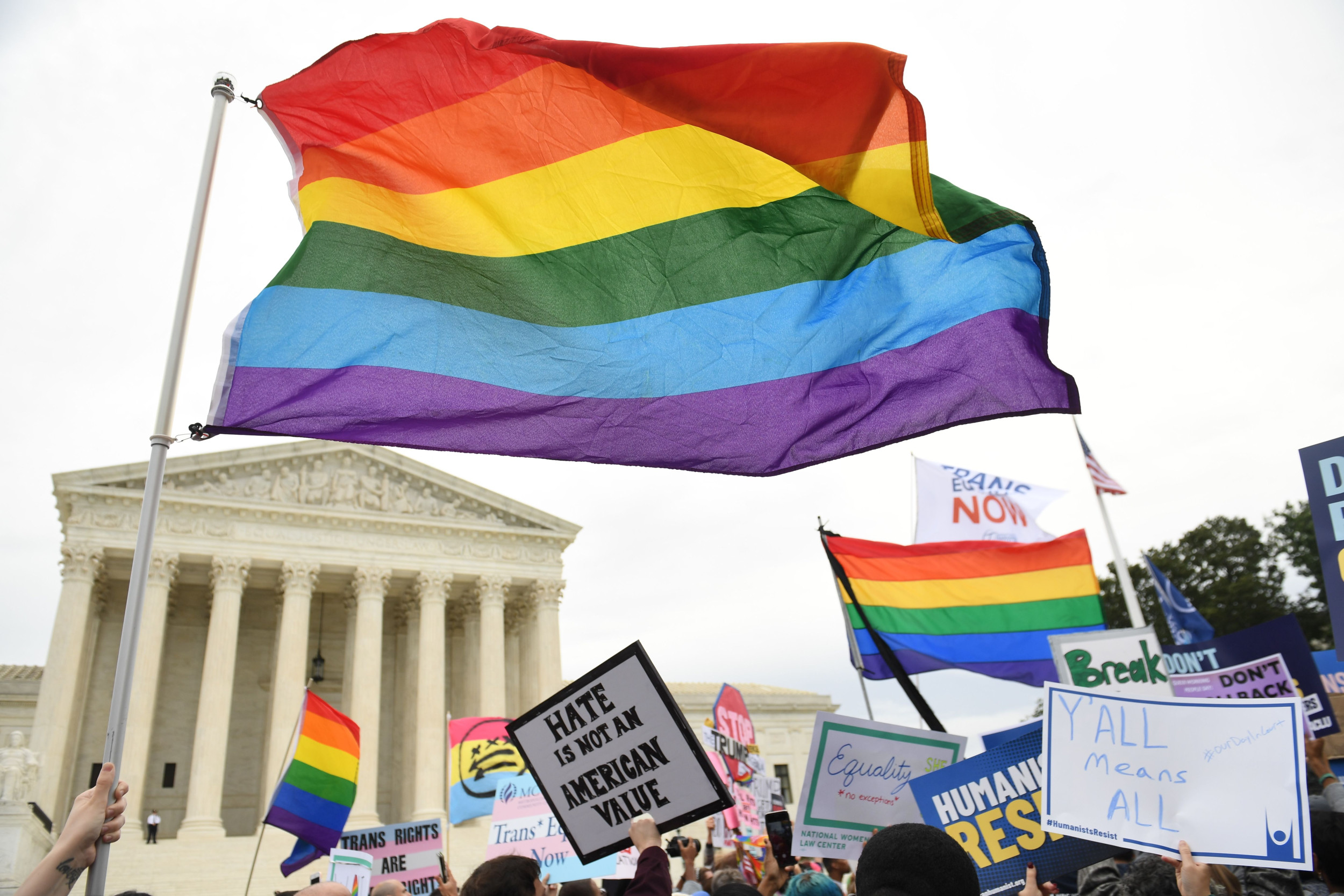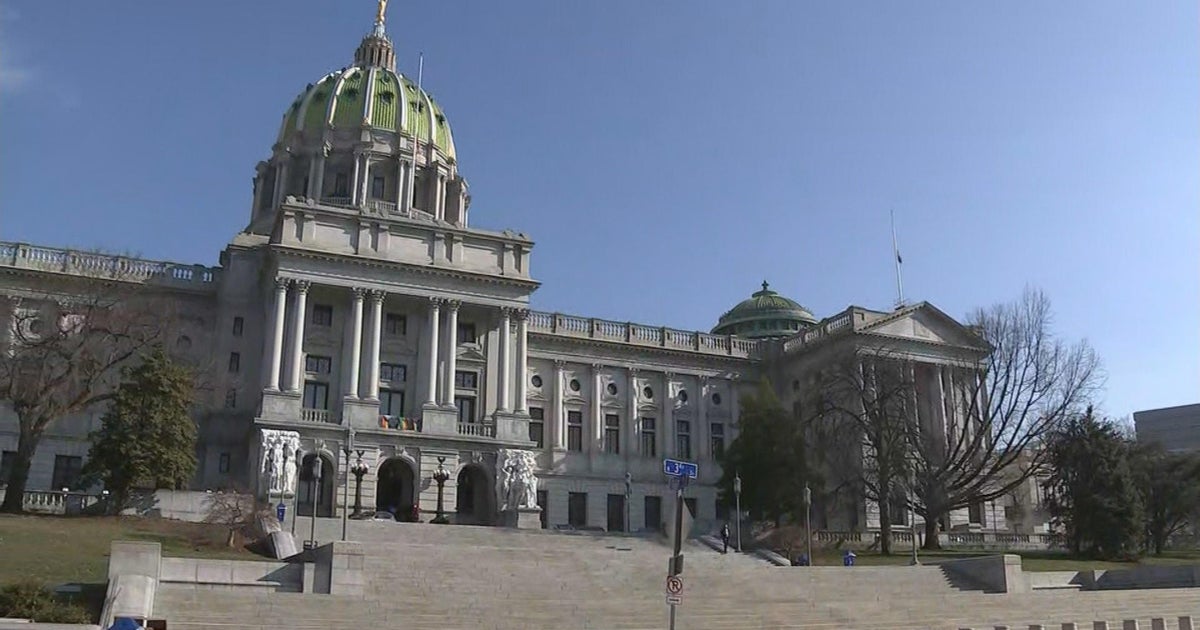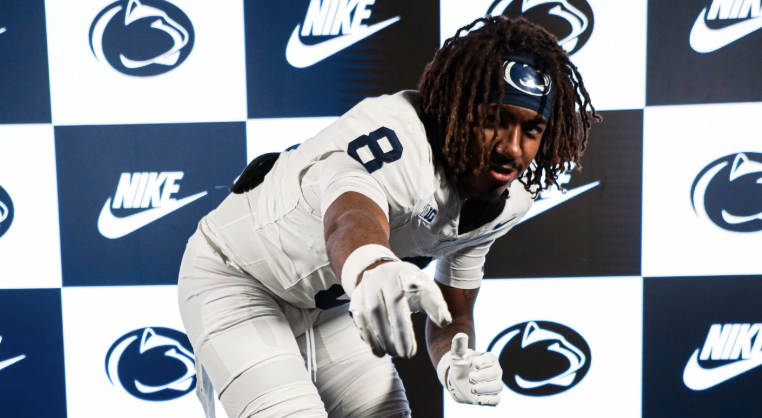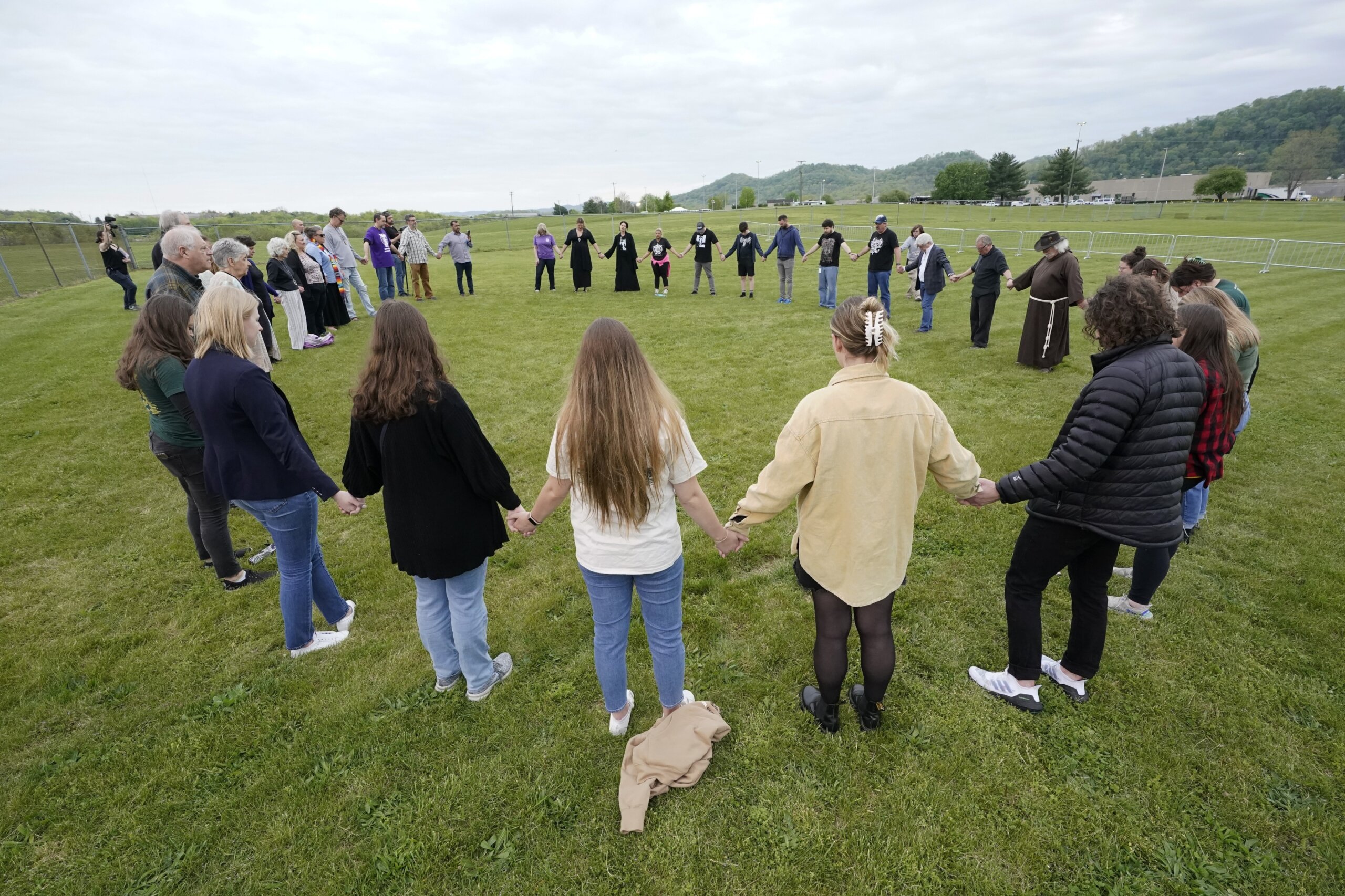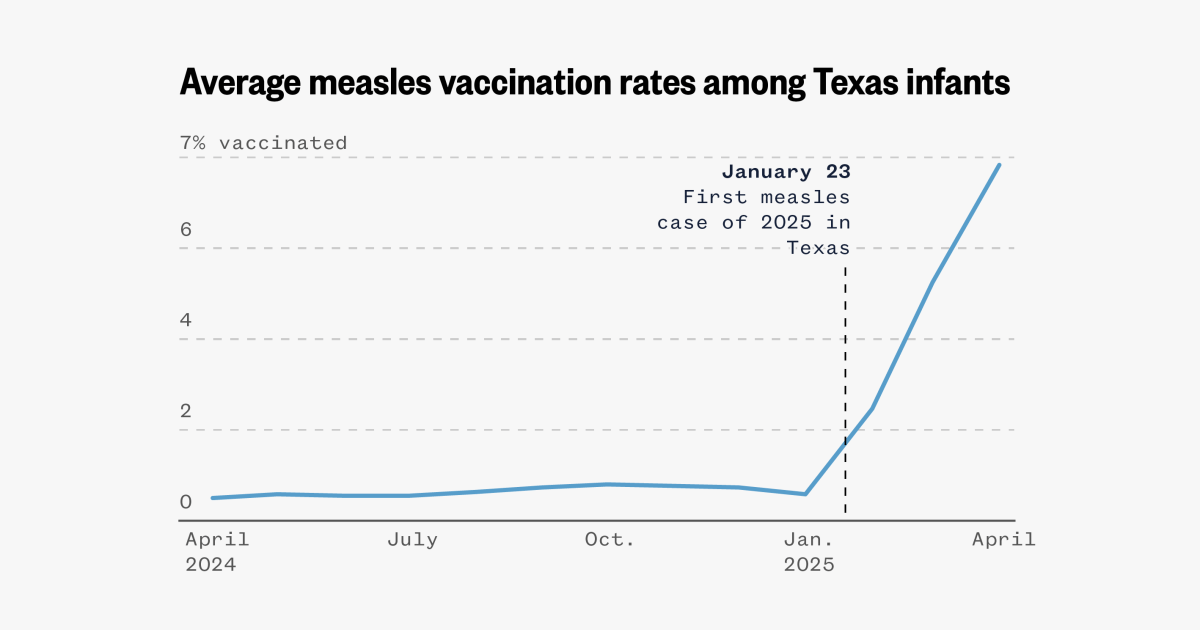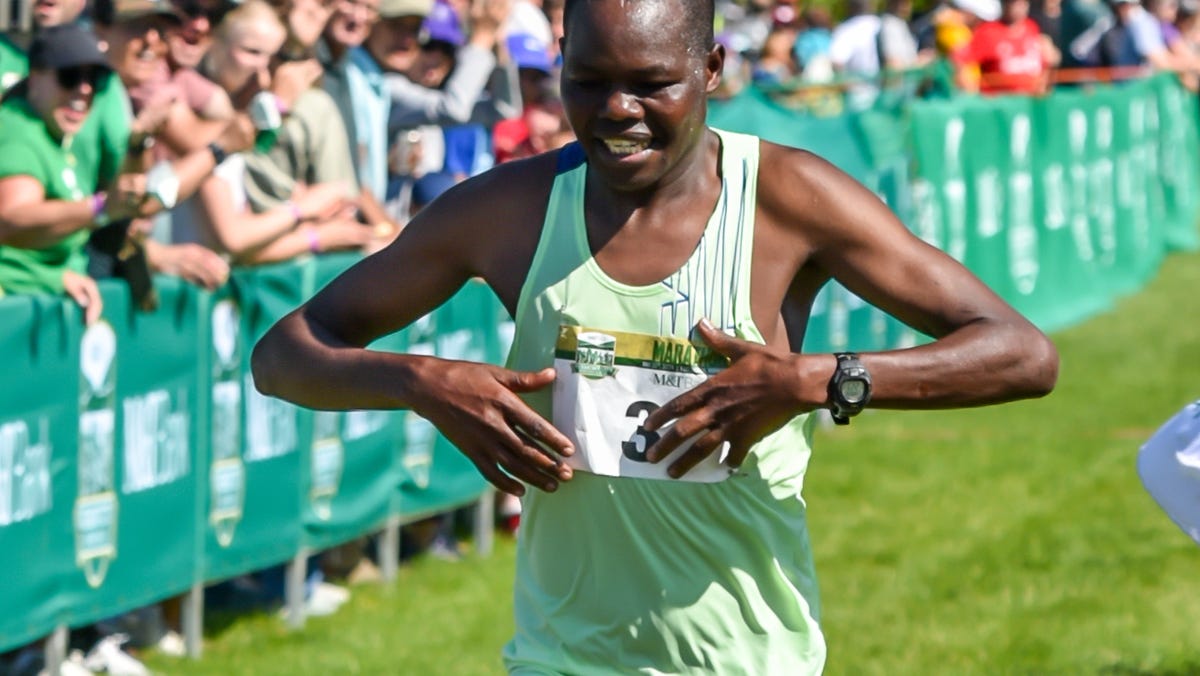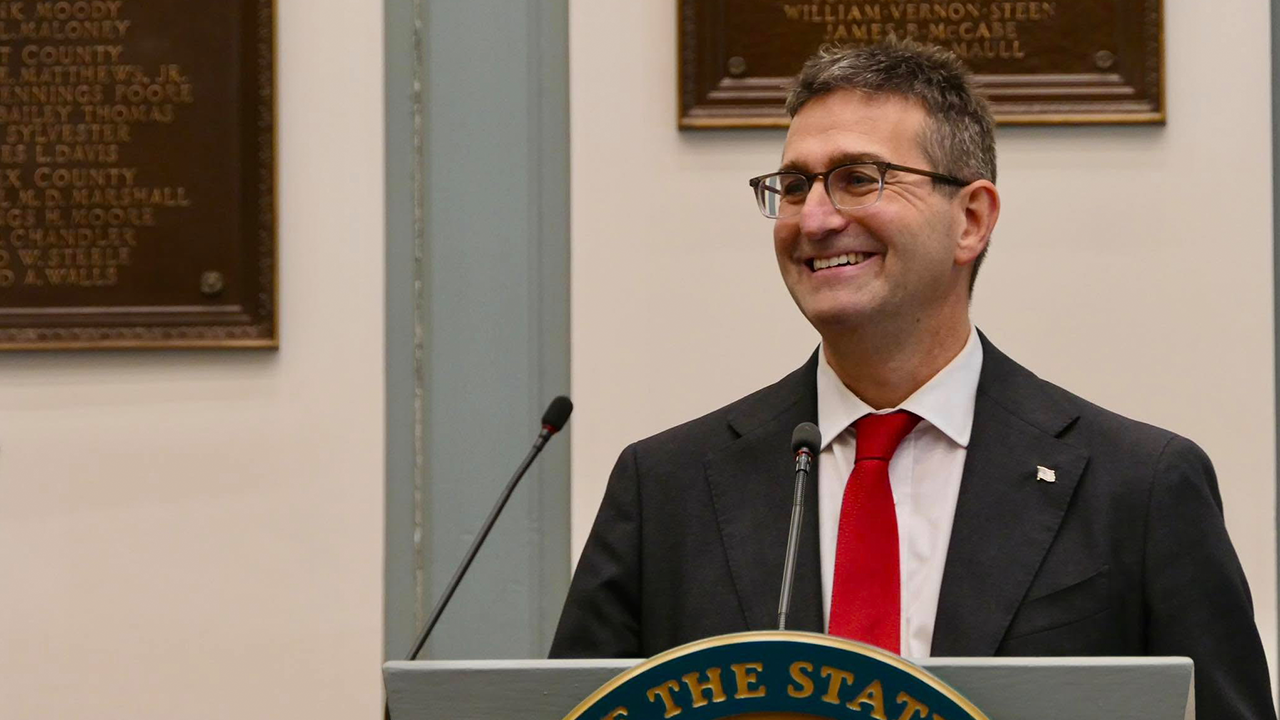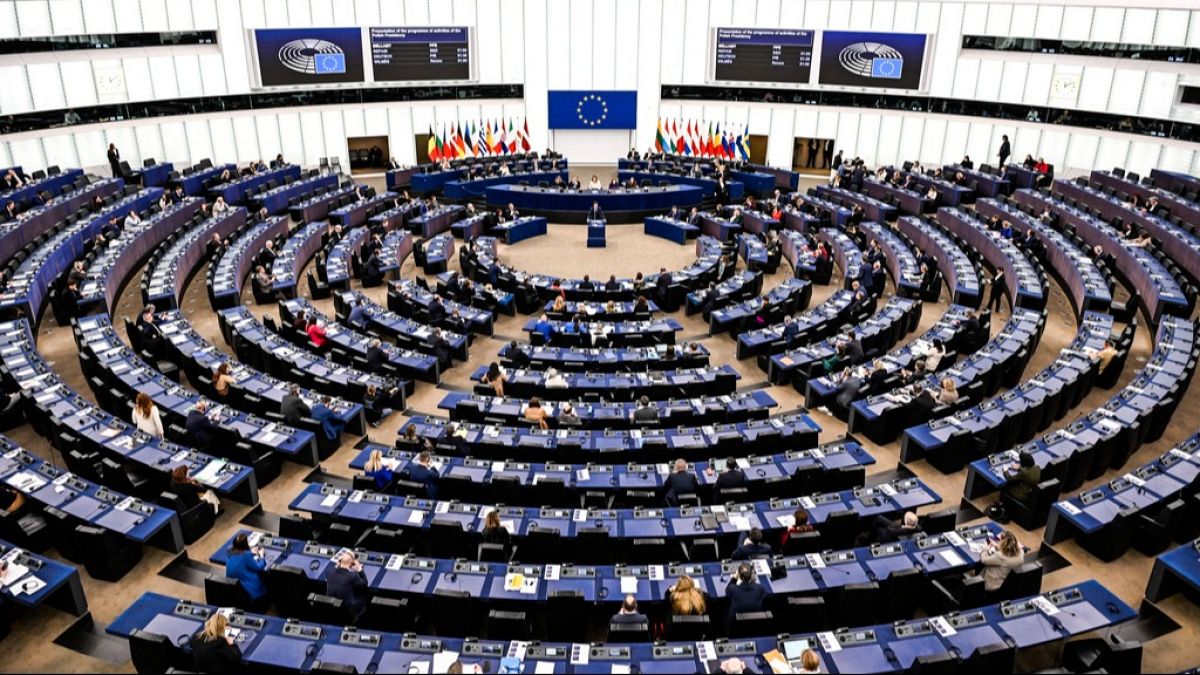Pennsylvania
Pennsylvania And Education Freedom: A Slow Walk Toward Unity

Saint Francis de Sales School is one Philadelphia school providing a quality alternative options for … [+]
Saint Francis de Sales School
Pennsylvania is in the midst of a battle for education freedom and may be coming close to creating the kind of mixed, strange-bedfellows coalition of supporters that could be a model for the nation – if the coalescing group can draw close enough to achieve unity on the issue.
It would be fitting that the place that gave birth to the American Revolution–which ensured the blessings of freedom and independence for our nation–would also be where real, tri-partisan support for education freedom breaks through.
That may not seem to be the case given the recent impasse caused by the presence of a $100 million tuition scholarship plan in the commonwealth’s budget proposal – and the subsequent line-item veto of the plan.
Democrats, under duress from teachers unions and a coalition of labor groups, stood against the measure and refused to budge while Republicans were similarly steadfast on the pro-side of the aisle. Meanwhile the commonwealth’s budget sat in limbo, until, finally, as The Wall Street Journal put it: “Pennsylvania Gov. Josh Shapiro disappointed thousands of parents…when he vetoed a $100 million voucher proposal he had supported before caving to unions and the Democratic-run House.”
But there are interesting subtexts and follow-ons to this story that speak to the possible breakdown of such partisan gridlock (at least on the issue of education freedom) and reflect the type of unity of purpose mentioned at the outset.
First is the fact that, in spite of his veto, Democratic Gov. Shapiro did, in fact, express support for the measure and, ostensibly, still does. His veto seems less a heartfelt rejection of the proposal and more an act of political expediency – putting off until tomorrow what one can’t muster support for today.
Republican lawmakers felt ill-used by the Governor. He, apparently, had vowed to deliver enough Democratic votes to carry the measure through. When he didn’t, or couldn’t, Republicans cried foul. However, Pennsylvania Republicans should remember that while they are generally supportive of policies that promote education freedom, they are not always aligned with one another on the issues. Republican lawmakers should recall that over the years, they too have had many chances to adopt education reforms and have failed to do so.
Still, there is now precedent for a level of left-right cooperation that, if expanded, even slightly, can yield results.
That expansion includes Troy Carter. A West Philadelphia native, Carter led the formation of One Way Out, a coalition of groups that support alternatives to public schools and managed the group’s television and digital advertising that encouraged Pennsylvanians to call their legislators to support the recent scholarship legislation.
Carter argues for a tuition scholarship program because he believes that with an overall increase in Pennsylvania’s education budget the funds dedicated to scholarships would not undercut public school funding. He also is an advocate for such a program due to his first-hand experience with low-performing schools and his understanding of where education leads.
Little Flower Catholic High School President Kristie Dugan introduces Venice Music Founder Troy … [+]
One Way Out Initiative
“Educated kids don’t want to go to jail,” he recently told a reporter. “Educated kids don’t want to commit crimes. And if we want to get at root causes, we have to educate kids.”
Polling numbers are also trending in favor of education freedom policies, which will begin to win over opponents of such measures. According to Larry Platt, writing in The Philadelphia Citizen, there is polling data showing that Democrats, as a whole, support vouchers with support from Blacks reaching nearly 70 percent. For many Democratic office holders and candidates those figures will become hard to ignore – and will make it easier to stand up to the threats issued by teachers unions.
Platt also cites a revealing break in union solidarity. Quoting Ryan Boyer, leader of the Philadelphia Building and Construction Trades Council, The Citizen reports that Boyer says he’s “open to any solution that can help families better educate their children and get them ready to be productive members of society.” Boyer, who sends his son to a private school says he would “be a hypocrite to oppose school choice.”
Support for education freedom is also emerging from the ranks of the anti-scholarship forces.
State Rep. Amen Brown, D-Philadelphia, listens to testimony during the Pennsylvania House Select … [+]
Matt Rourke / AP Photo
Rep. Amen Brown (D-Philadelphia) has boldly broken ranks with his party declaring that students should not be forced to attend public schools that offer no hope or opportunities. “How much have we been dumping into the system and nothing has changed?” he asked, pointing to the decades-long abysmal performance of Philadelphia public schools. “We have to give our parents another option and leave it in their hands to choose where they want their child to go.”
None of this represents a movement of earthquake proportions. But it does appear that the tectonic plates, so long locked in place, are starting to shift. Republicans, Democrats, Independents, liberals, conservatives, slowly are coming into alignment. The issue is not about parties, or politics, or the demands of special interests. It’s about ideology—an ideology that says kids and families deserve our unequivocal support in their striving to apply their God-given talents and realize their dreams.
That is what education is about and what education freedom can help accomplish.

Pennsylvania
This Restaurant Makes The Best Burger In PA, Popular Food Website Says

PENNSYLVANIA — Bar Hygge in Philadelphia serves the best burger in Pennsylvania, according to a report from Chowhound, a website for food aficionados or, alternatively, food nerds.
The list titled “The Hands Down Best Burger in Every Single US State” features a variety of preparation methods. It was released just in time for National Hamburger Day, which is Wednesday, May 28.
There’s no one way to prepare a burger. Even those claiming to be “classic” burgers have major differences, especially in the toppings.
To find the best burgers among what the research firm IBS World estimates are more than 80,000 burger joints and restaurants across the country, Chowhound looked first at restaurants that excel in both classic and creative burger preparations. The process also included taste testing, online research, and outreach on local social media communities and to trusted contacts in the restaurant and food media industries.
Here’s what Chowhound liked about the burgers at Bar Hygge:
This Philadelphia Brewery might not specialize in the burger, but its standalone “Hygge Burger,” with both ground chuck ad brisket beef, sharp cheddar, bibb lettuce, red onion, garlic-dill pickles and special “Hygge Sauce” on a brioche bun. Take it to the next level by adding bacon or a fried egg, or go vegetarian with a patty made with mushroom and barley, topped with homemade bread-and-butter pickles and cabbage slaw.
Bar Hygge, pronounced “hyoo-guh,” is located at 1720 Fairmount Ave. Hygge is a Danish word that means “a quality of coziness and comfortable conviviality that engenders a feeling of contentment or well-being.”
It touts 4.6 stars out of 601 reviews on Google.
“Food was great, drinks were great, amazing staff, just everything,” one reviewer said. “I had the Lovechild & Mango Mint Sangria cocktails, and the Hygge Burger with Crab Fries and everything was *chef’s kiss*.”
“Burger was amazing,” another wrote. “I also got the Trippy IPA. Probably the best IPA I’ve had. Hope it stays on the menu. Can’t wait to visit again.”
“Absolutely excellent every single time,” someone wrote in their review. “Classy, beautiful and cozy but not pretentious.”
Bar Hygge serves beer from Brewery Techne, which is located in the same space as the restaurant, and also operates as a bottle shop for the brews.
In addition to the lauded burger, the menu features various boards for grazing, including a chicken liver mousse board, a brussels sprouts board, and a crispy rice salmon nigiri board.
Oysters, fries, fried chicken, salads, and desserts also grace the menu.
Check out the full menu online here.
The full 50-state list offers some intriguing takes on what is widely regarded as America’s favorite sandwich. Some are made with grass-fed wagyu beef, others with ground turkey, and still more with salmon and other critters. Some may not contain meat at all. Cheeses vary from classic American to blue cheese to goat cheese.
In Hawaii, the Honolulu Burger Co. presents the “Alpha Elvis,” which has bacon, banana and peanut butter, or the “Loco-Moco,” made with Spam, bacon, an egg, and mushroom gravy.
And then there’s Mike Duffy’s in St. Louis, Missouri, whose offerings include the award-winning Cajun burger with hot jalapeños and Cajun aioli or the fully customizable and vegetarian black bean and quinoa burger. The restaurant also allows substitutions of bison or salmon.
“Whether you’re a burger traditionalist or an avant-garde burger consumer, the restaurants on this lineup will have a solid option for both schools of thought,” Chowhound’s Jane Godiner wrote.
Pennsylvania
1.4 Million PA & 84,000 Bucks County Residents Can't Vote In The Primary Election – LevittownNow.com

Spotlight PA is an independent, nonpartisan, and nonprofit newsroom producing investigative and public-service journalism that holds power to account and drives positive change in Pennsylvania. Sign up for our free newsletters.
By Kate Huangpu | Spotlight PA
Despite their growing numbers, 1.4 million independent and third-party Pennsylvania voters won’t be able to help decide which candidates advance to the general election during the upcoming May 20 primaries.
As of late April, Bucks County had 192,610 Democratic voters, 202,436 Republicans, and 84,399 who are no affiliation, according to the Pennsylvania Department of State.
Pennsylvania is one of just 10 states with a closed primary system. That means only registered Democrats and Republicans participate in their respective parties’ spring elections. People who don’t belong to a major party can still vote on statewide referenda, local initiatives, and special elections that are on the ballot at the same time.
Some good-government advocates want Pennsylvania to open its primary system, arguing that voters who aren’t registered with a major party still pay taxes that fund elections, and the current system effectively disenfranchises them for opting out of partisan politics.
Shortly before the legislative session ended last year, the Democratic-controlled state House passed a bill with bipartisan support that would have opened partisan primary elections to unaffiliated voters.
However, chamber leadership hasn’t committed to bringing a similar measure up for a vote again this year. Republicans who control the state Senate have been similarly noncommittal about backing such a change.
At least one legislative supporter believes neither major party’s leadership is truly committed to open primaries, arguing they are more concerned about maintaining control of their chambers.
Over the past decade, the number of voters registered as independent or other has grown by more than 308,000 people, according to state voter registration archives. Some of the biggest growth has occurred in the southeast and south-central parts of the state.
Lara Putnam, a historian at the University of Pittsburgh who studies election data, believes at least part of the shift is due to a 2023 policy change in which people are automatically prompted to update their voter registration at the DMV.
David Thornburgh, chair of the pro-open primary group Ballot PA, believes letting independent and third-party voters participate in primaries could mitigate extremism and decrease hyperpartisanship.
He also thinks limiting voter participation in odd-year elections is “particularly egregious.” Candidates for local offices like school board and judge often cross-file, meaning they appear on both the Democratic and Republican primary ballots.
“That seems to be indicating that this should not be partisan,” Thornburgh, the son of the late Republican Gov. Dick Thornburgh, told Spotlight PA.
In areas with a strong partisan lean, some races, like those for state legislature, are effectively decided during the primary. Thornburgh says that shuts out unaffiliated and third-party voters. He pointed to this year’s mayoral race in Pittsburgh, where “most folks assume whoever wins the Democratic [primary] will win the election,” even though two Republicans are vying for the office.
These reasons were echoed by five of Pennsylvania’s most recent governors in a 2023 letter endorsing open primaries.
Opponents note that anyone in Pennsylvania concerned about being shut out of the process can change their registration before a primary and then change it back before the general election.
Legislative future
This legislative session, two bills have been introduced to open the primary system, one in each chamber.
In the state House, Rep. Jared Solomon (D., Philadelphia) has reintroduced a bill that would allow unaffiliated voters to participate in either the Democratic or Republican primary. The bill would require that a voter sign a certificate verifying their choice of ballot.
Solomon said voters who are registered to third parties would not be allowed to participate in primary elections under his bill.
“You’ve made a call, you’ve made a decision,” Solomon said. “So we’re going to keep you in that particular lane.”
To advance, Solomon’s bill needs to pass the chamber’s State Government Committee. Its chair, state Rep. Carol Hill-Evans (D., York), declined to comment and deferred to House Majority Leader Matt Bradford (D., Montgomery).
A spokesperson for Bradford did not commit to running the bill, instead saying that the caucus is “open to considering any election reforms that make it easier for voters to cast a ballot and are reviewing the bill.”
In the state Senate, Sen. Lisa Boscola (D., Lehigh) was a co-sponsor on a similar bill last session, and she and a Republican colleague plan to reintroduce it this year. The bill would allow independent voters to choose candidates from either major party’s primary, but would not allow them to vote for party officers or party committee members. It also would not allow third-party voters to participate in primary elections.
Like the state House legislation, Boscola’s bill needs to pass her chamber’s State Government Committee to advance. Its chair, Cris Dush (R., Jefferson), told Spotlight PA in 2023 that he did not support last session’s measure. He declined to comment on whether he would call up the bill.
Republican leadership has also been noncommittal. A spokesperson for state Senate Majority Leader Joe Pittman (R., Indiana) said that the caucus was focused on “measures which uphold voter confidence and prioritize the integrity of the electoral process,” and called discussions surrounding open primaries “ongoing.”
Boscola was critical of both Democratic and Republican leadership, saying they lack the political will to advance a proposal that polling shows is popular with Pennsylvanians. Leaders want to keep control of their chambers, she said, and allowing independent voters to participate in primaries may shift election results in a way that changes the status quo.
“If you add independents into the mix, what’s that going to do for certain districts? So they look at that,” Boscola said of legislative leaders in both chambers. “In Harrisburg, maintaining control of your chamber is the most important thing.”
Despite these challenges, Thornburgh is optimistic about open primaries becoming a reality in Pennsylvania.
“The tide doesn’t come in all at once. It comes in bit by bit,” Thornburgh said. “It was a significant victory in the House. We think the tide is going to come in a little further.”
Implementation challenges
Even if lawmakers find a way to get an open primary bill to Democratic Gov. Josh Shapiro, implementing such a system would be a lot of work, county election directors have warned.
Thad Hall, election director of Mercer County, said that he would want at least a year’s notice to be able to properly prepare his poll workers for the change in procedure.
He said it would take time to train them to use pollbooks to mark which party’s ballot an independent voter chooses. Counties would also need to print significantly more ballots, he said.
Hall noted that he’s not against the change, but said it’s not high on his list of priorities for improving election policies. He’d rather have the legislature pass a bill that clarifies the state’s policy on requiring signatures on mail ballots or one that gives counties more time before Election Day to process mail ballots.
“I generally think that there are a million other problems on elections that are way more important than this one,” Hall said.
BEFORE YOU GO… If you learned something from this article, pay it forward and contribute to Spotlight PA at spotlightpa.org/donate. Spotlight PA is funded by foundations and readers like you who are committed to accountability journalism that gets results.
Advertisement


Source link
Pennsylvania
Penn State is working to get 4-star Dorian Barney back home in Pennsylvania
-

 Technology1 week ago
Technology1 week agoMexico is suing Google over how it’s labeling the Gulf of Mexico
-

 Politics1 week ago
Politics1 week agoDHS says Massachusetts city council member 'incited chaos' as ICE arrested 'violent criminal alien'
-

 Education1 week ago
Education1 week agoA Professor’s Final Gift to Her Students: Her Life Savings
-

 Politics1 week ago
Politics1 week agoPresident Trump takes on 'Big Pharma' by signing executive order to lower drug prices
-

 Education1 week ago
Education1 week agoVideo: Tufts Student Speaks Publicly After Release From Immigration Detention
-

 News7 days ago
News7 days agoAs Harvard Battles Trump, Its President Will Take a 25% Pay Cut
-

 Culture1 week ago
Culture1 week agoTest Yourself on Memorable Lines From Popular Novels
-

 News1 week ago
News1 week agoWhy Trump Suddenly Declared Victory Over the Houthi Militia
:focal(1x431:2999x2000)/static.texastribune.org/media/files/8b56b90163b9181591141e02785a95c5/0422%20We%20Wont%20Go%20Back%20Presser%20TT%20EG%2005.jpg)
